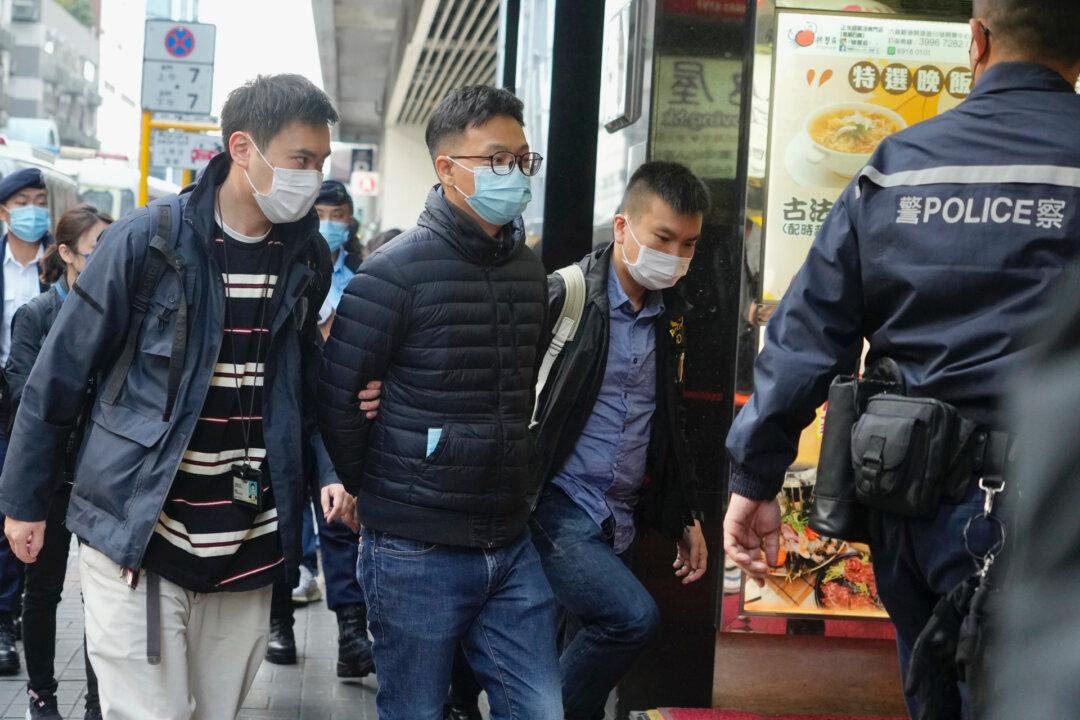Commentary
Right now, across the world, there is a war on truth. The war comes in many forms. More often than not, it comes in the form of misinformation and disinformation campaigns.

Right now, across the world, there is a war on truth. The war comes in many forms. More often than not, it comes in the form of misinformation and disinformation campaigns.